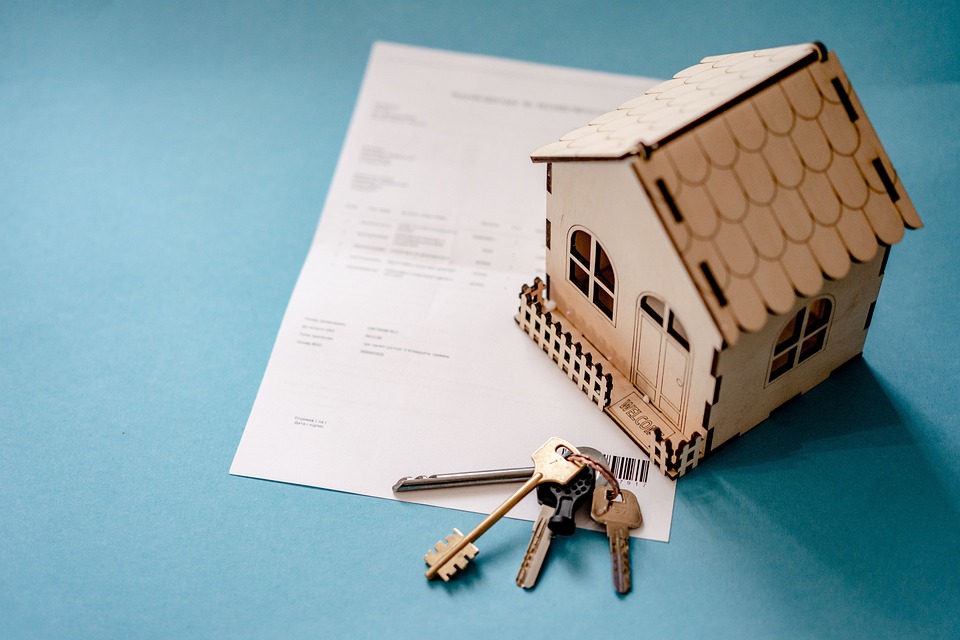
A decline in the market value of your home can leave you owing more on your mortgage than the home is worth. This can be a difficult situation to deal with, but there are several things you can do to help ease the burden. Here are six ways to deal with an underwater mortgage:
1. Keep Up Payments and Build Equity
Even if you owe more on your mortgage than the home is worth, it’s important to keep up with your payments. This will help you maintain a good credit rating and may help you rebuild equity in the future. When the market rises again, your home’s value will start to increase. As it does, you’ll begin building equity in the home again and you may be able to sell or refinance at some point down the road.
2. Short Sale
If you can’t keep up with your payments and the home is worth less than what you owe, a short sale may be a good option. In a short sale, you sell the home for less than what you owe and the bank agrees to forgive the difference.
This can be a difficult process, but it may be able to help you avoid foreclosure and keep your credit rating intact. You can sell your home as is to homebuying companies like Cream City Homebuyers.
3. Rent the Home
If you’re unable to sell the home, you may be able to rent it out instead. This can help you cover your mortgage payments and may even help you rebuild equity in the home over time. Be sure to consult with a real estate agent or lawyer before renting out your home, as there are several things to consider, including taxes and insurance.
The rent you collect each month can help you cover your mortgage payments, but the home may not be worth as much when you go to sell it in the future. If this is an option for you, consider using a property management company to handle rental details for a fee. They’ll find renters, collect deposits and rent payments, and handle any repairs or maintenance that may be needed.
4. File Bankruptcy
If you’re unable to keep up with your payments and there’s little chance of rebuilding equity in the home, filing for bankruptcy may be an option. This can help you stop foreclosure proceedings and protect you from debt collectors. Be sure to consult a lawyer before filing for bankruptcy as it does have long-lasting effects on your credit rating.
5. Refinance
If you still have a good credit rating, you may be able to refinance your home and get a lower interest rate. This can help you cover your mortgage payments and may be less damaging to your credit rating than filing for bankruptcy.
With a refinancing option, you’ll have to go through the same process as when you originally purchased your home. You’ll need a down payment and be required to show proof of income, employment, and credit rating.
6. Loan Modification
If you’re unable to keep up with your mortgage payments, you may be able to get a loan modification. This is when the bank agrees to change the terms of your mortgage, such as the interest rate or length of the loan. This can help you make your monthly payments more affordable and may be less damaging to your credit rating than filing for bankruptcy.
If you’re struggling to make your mortgage payments, be sure to consult with a lawyer or housing counselor to see what options are available to you. There are several things you can do to help ease the burden of an underwater mortgage, and it’s important to explore all of your options.





![Binance Review: How the Crypto Exchange Works [2024]](https://www.feedroll.com/wp-content/uploads/2024/03/binance-trading-100x100.png)



